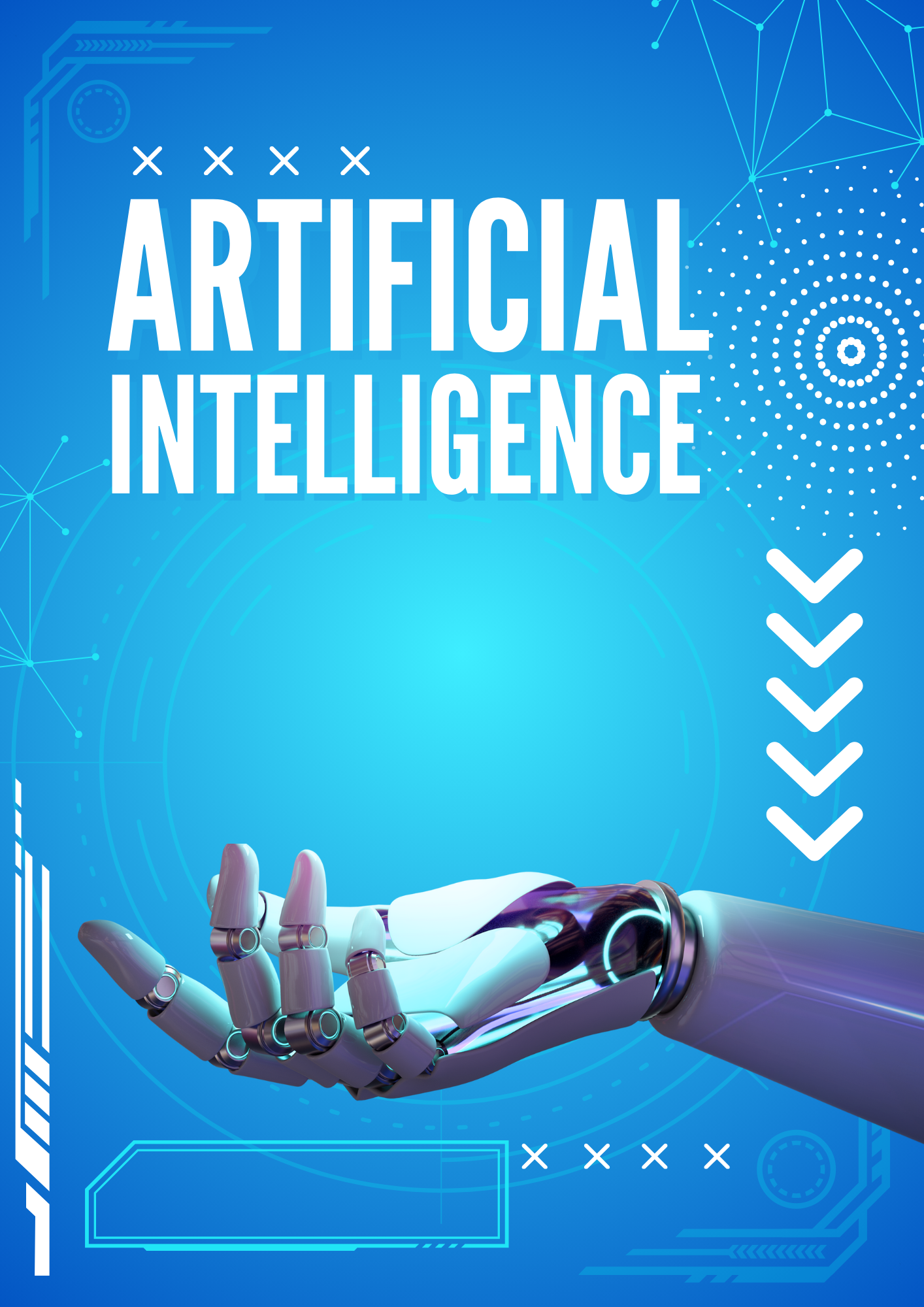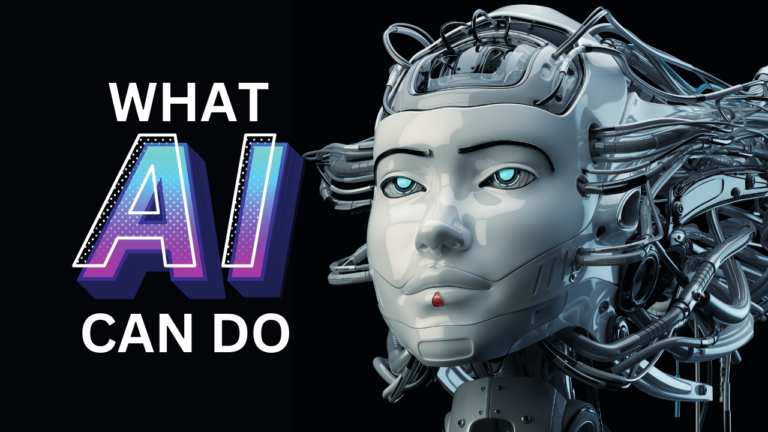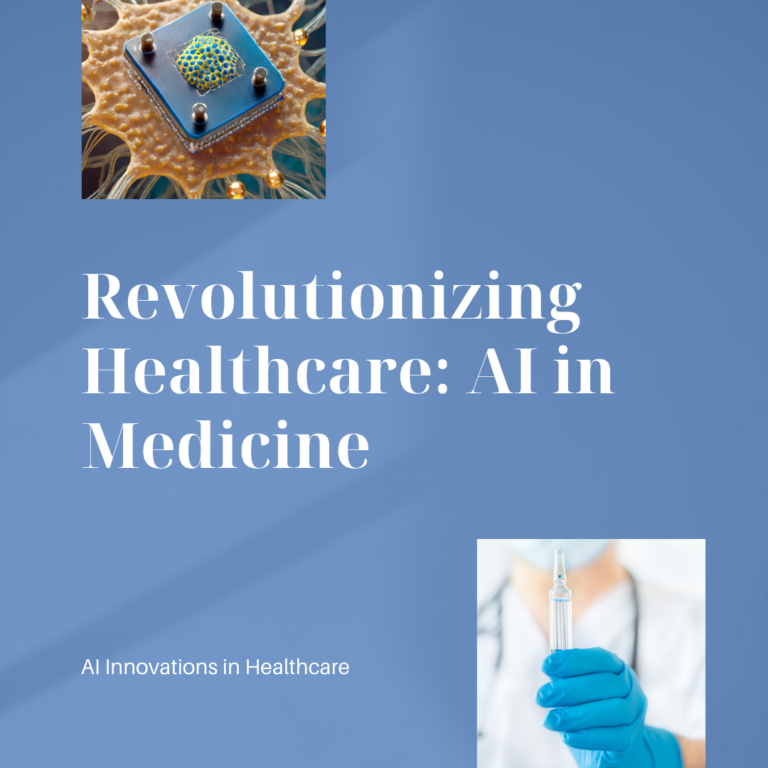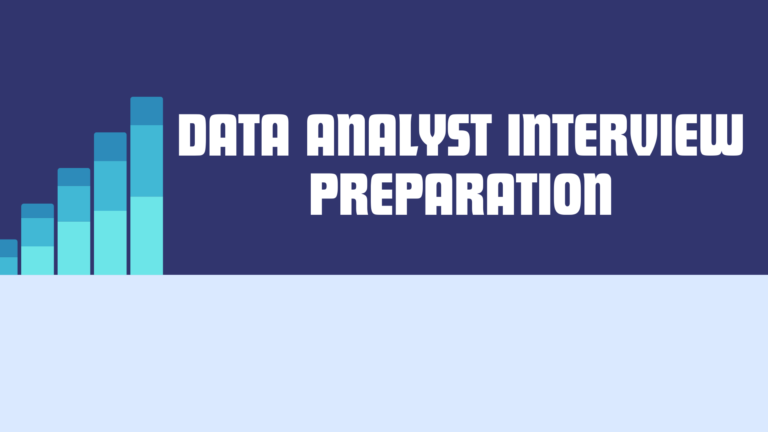Artificial Intelligence Marketing Software
Artificial intelligence (AI) marketing software is redefining the marketing landscape by introducing tools that streamline processes, enhance customer experiences, and optimize campaigns. AI-powered marketing software leverages machine learning, predictive analytics, and data insights to drive better results and empower marketers to achieve their goals with increased precision and efficiency.
Whether it’s automating mundane tasks, providing customer-centric solutions, or crafting personalized experiences, AI in marketing is a game changer. Below, we delve into the features, benefits, and top AI marketing tools to help businesses stay ahead of the curve.
Key Features of AI Marketing Software
- Personalized Customer Interactions
AI excels in analyzing customer data to craft highly targeted and personalized marketing campaigns. It identifies user preferences, purchasing patterns, and browsing behavior to deliver tailored content. This personalization not only enhances the user experience but also fosters brand loyalty.
For instance, e-commerce platforms use AI to recommend products based on a customer’s previous searches and purchases. Similarly, email marketing software powered by AI sends tailored messages to specific segments, ensuring higher open and conversion rates.
- Predictive Analytics for Smarter Decisions
One of the most powerful features of AI marketing software is its ability to predict trends and customer behavior using historical data. Predictive analytics enables marketers to make informed decisions, optimize budgets, and improve campaign strategies.
By understanding future trends, businesses can proactively meet customer demands, thereby staying competitive. Predictive analytics also helps determine the likelihood of a prospect converting into a paying customer, enabling marketers to focus their efforts on high-potential leads.
- Chatbots and Virtual Assistants
AI-driven chatbots are revolutionizing customer support by providing 24/7 assistance. These bots can answer frequently asked questions, guide customers through purchasing decisions, and resolve basic issues without human intervention.
For example, conversational AI tools like Drift and Intercom engage potential leads on websites by starting a dialogue and directing them to the appropriate resources. This seamless interaction boosts customer satisfaction and frees up human agents for more complex tasks.
- Automation of Marketing Tasks
Automation is a cornerstone of AI marketing software. From email campaigns and social media posting to ad placements and lead nurturing, automation tools handle repetitive tasks with precision and speed.
Automated workflows not only save time but also ensure consistency across campaigns. Marketers can schedule posts, send follow-up emails, and manage customer interactions without manual oversight. This enables teams to focus on creative and strategic aspects of their campaigns.
- Ad Performance Optimization
AI-powered software significantly improves the performance of online advertising campaigns. By analyzing ad metrics in real-time, these tools adjust bids, refine targeting, and identify the most effective creatives.
For example, Google Ads uses machine learning algorithms to optimize bids for pay-per-click (PPC) campaigns. Similarly, platforms like Adzooma analyze campaign performance and recommend improvements to maximize ROI.
- Content Creation Assistance
Creating high-quality content is a time-intensive task, but AI simplifies the process. Tools like Jasper and Writesonic generate blog posts, social media captions, and ad copy using natural language processing (NLP).
AI can mimic conversational tones, adapt to specific writing styles, and even suggest topics based on audience interests. This ensures content remains relevant, engaging, and aligned with brand messaging.
- Sentiment Analysis for Brand Reputation Management
AI marketing tools also help businesses monitor and manage their online reputation. Sentiment analysis evaluates customer feedback, reviews, and social media mentions to determine public perception.
For instance, Hootsuite Insights uses AI to analyze brand mentions and assess whether they are positive, neutral, or negative. By identifying potential issues early, businesses can respond proactively and protect their reputation.
Benefits of Using AI in Marketing
- Enhanced Efficiency
AI automates repetitive tasks, reducing the time and effort required to execute campaigns. This efficiency enables marketers to scale their efforts without compromising quality. - Improved Targeting and Personalization
By understanding customer behavior, AI delivers content that resonates with individual users, resulting in better engagement and higher conversion rates. - Cost Optimization
AI tools help businesses allocate resources more effectively by identifying high-performing strategies and minimizing wasteful spending. - Data-Driven Decision-Making
AI provides actionable insights from complex datasets, enabling marketers to make informed decisions that drive results. - Scalable Solutions
AI marketing software is designed to grow with businesses. Whether you’re a small startup or a large enterprise, these tools adapt to meet evolving needs.
Top AI Marketing Tools
- HubSpot
HubSpot is an all-in-one CRM and marketing automation platform that incorporates AI-driven insights to enhance customer engagement. Its predictive lead scoring and personalized email campaigns make it a favorite among marketers. - Marketo Engage
Marketo uses AI for advanced analytics, enabling businesses to identify top-performing campaigns and optimize future strategies. Its integration with Adobe products adds extra versatility. - Persado
Persado leverages AI to craft compelling marketing messages. It generates ad copy, email subject lines, and social media posts tailored to resonate with target audiences. - Drift
This conversational AI tool focuses on engaging prospects through live chat and chatbots. Drift personalizes interactions and helps convert website visitors into leads. - Adzooma
Adzooma simplifies PPC campaign management with AI-based recommendations. It monitors ad performance and suggests adjustments to improve ROI. - Hootsuite Insights
Hootsuite’s sentiment analysis tool provides real-time social media monitoring. It identifies trends and measures public opinion to guide brand reputation strategies. - Canva (Pro)
Canva Pro uses AI to suggest templates, layouts, and design elements that enhance visual appeal. It’s especially popular among social media marketers for creating eye-catching posts.
Conclusion
Artificial intelligence marketing software is no longer a luxury; it’s a necessity for businesses aiming to thrive in today’s competitive environment. By leveraging AI, marketers can deliver personalized experiences, optimize campaigns, and make data-driven decisions that lead to measurable success.
As technology continues to evolve, the role of AI in marketing will only expand, opening up new possibilities for innovation and growth. Whether you’re a small business or a multinational corporation, adopting AI marketing tools can transform your strategies and drive unparalleled results.








